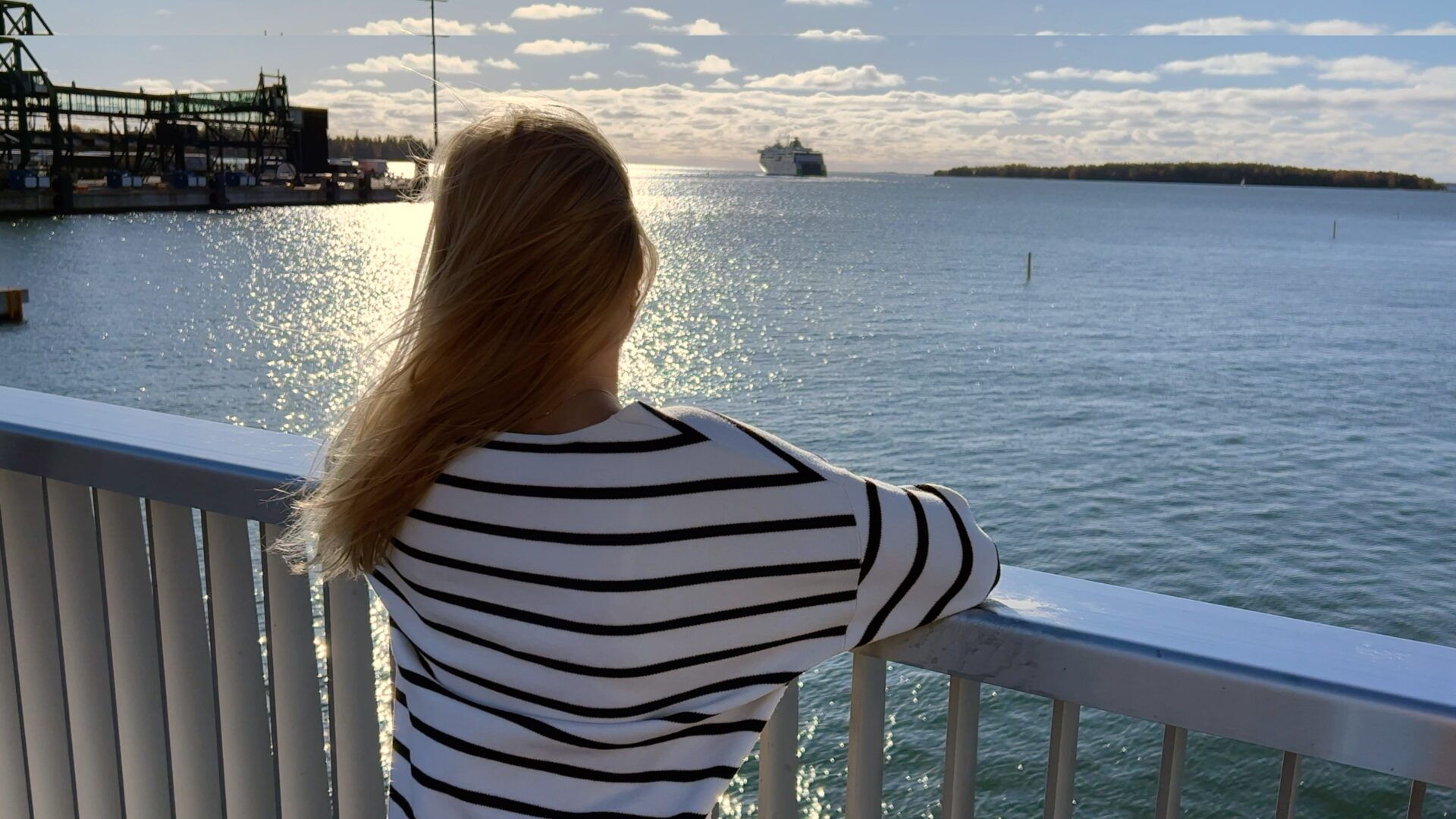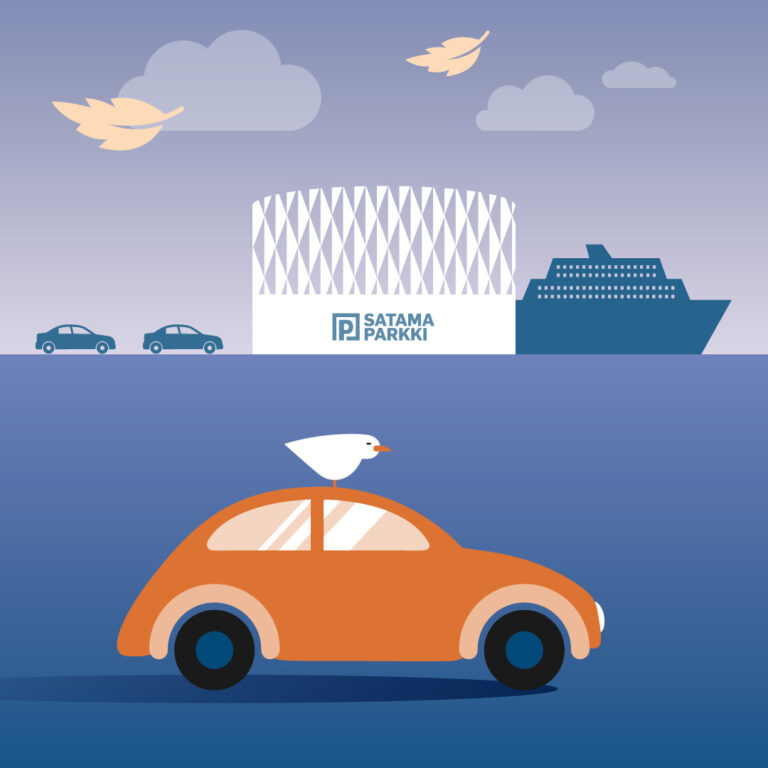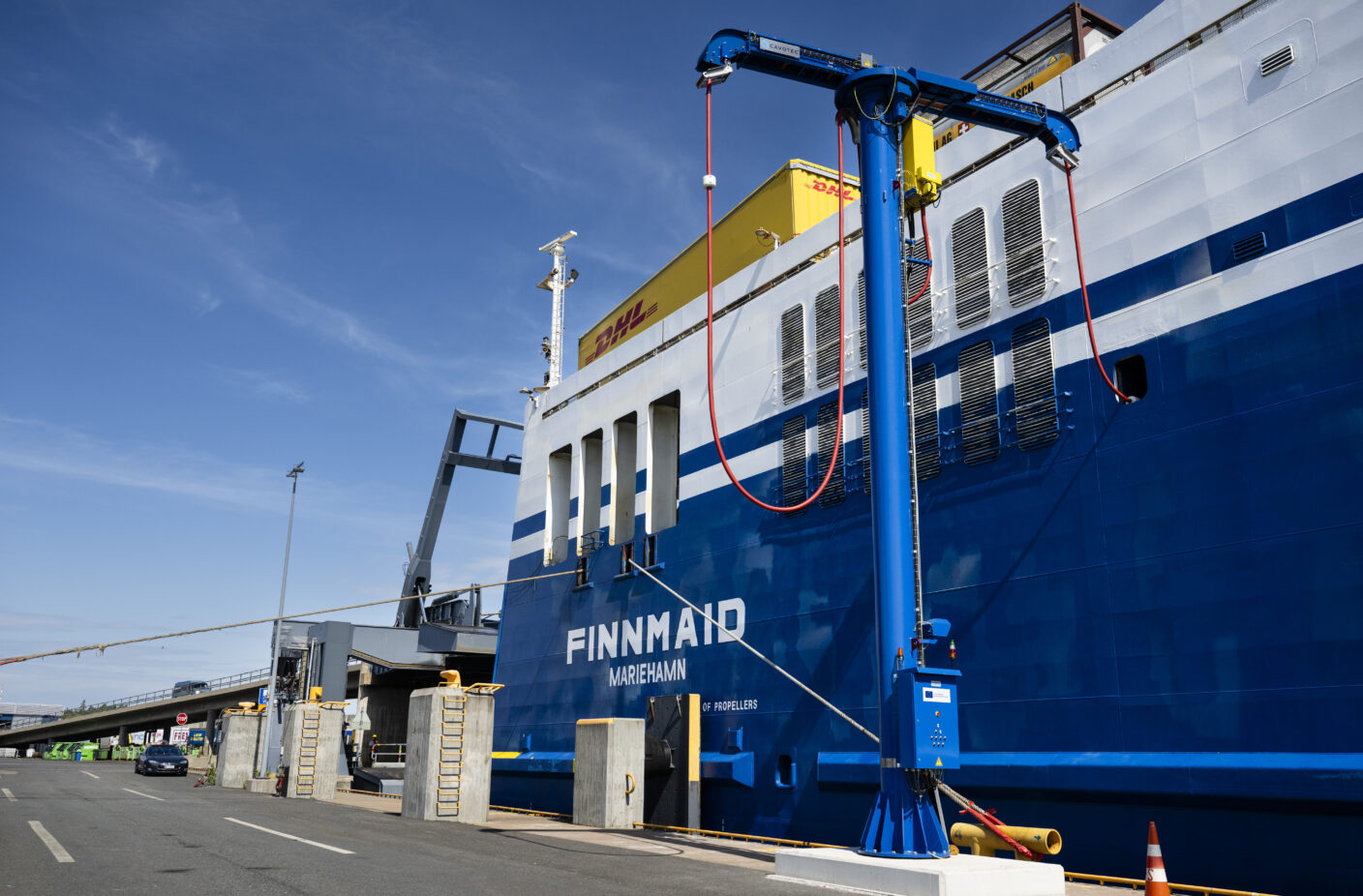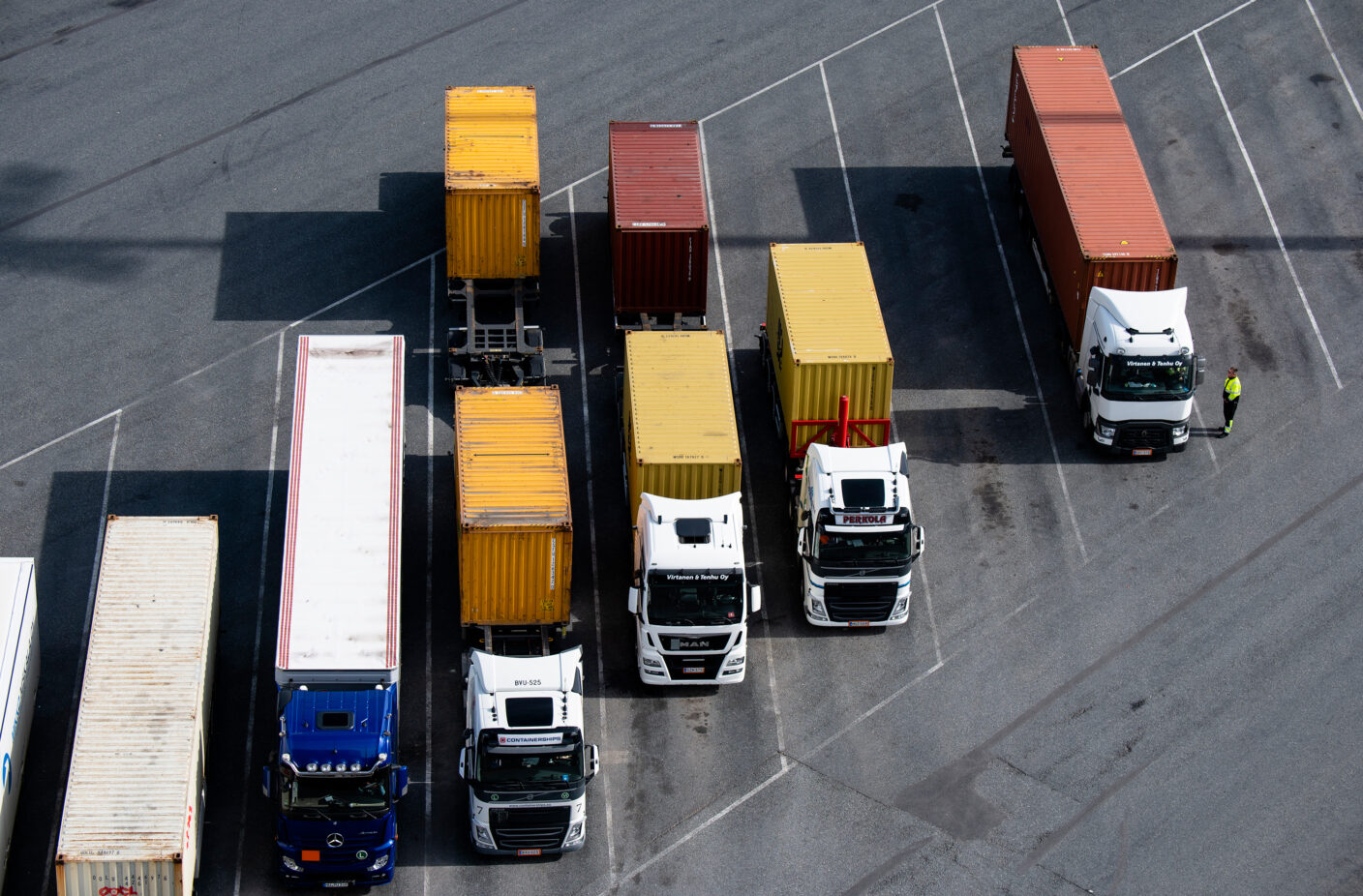
Helsingin Satama. Jokaisen matkan varrella.
Vuosaaren satama
15,9
°C
1,2
m/s
Täällä vierailit viimeksi
Ajankohtaista
Tulevaisuuden satama!
Helsingin Sataman uudistukset varmistavat suomalaisille hyvät yhteydet maailmalle ja toimivat arjen palvelut. Samalla ne avaavat Eteläsataman kaupunkilaisille ja parantavat eteläisen Helsingin liikenteen sujuvuutta.
Saapuvat laivat
-
ke 2.7. 08:15FinlandiaAikataulussa
-
ke 2.7. 09:15Viking CinderellaEi saatavilla
-
ke 2.7. 09:30MyStarEi saatavilla
-
ke 2.7. 10:00FinnladyAikataulussa
Olemme yksi Euroopan vilkkaimmista matkustajasatamista ja Suomen ulkomaankaupan väylä maailmanmarkkinoille
Helsingin Satama luo sujuvat puitteet merimatkailulle Tallinnaan, Tukholmaan ja Travemündeen. Tavaraliikenteessä Helsingin Satama on Suomen johtava ulkomaanliikenteen yleissatama. Palvelemme Helsingin seudun ja koko Suomen elinkeinoelämää ja hyvinvointia.
Sää Vuosaaren satamassa ke 2.7. 06:49
15,9
°C
1,2
m/s






